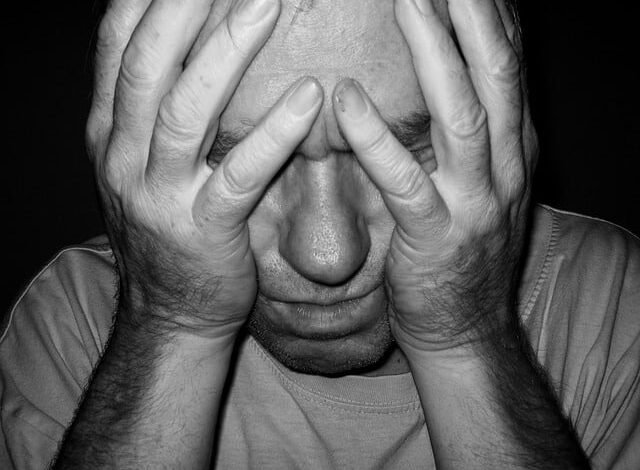Depression

What is depression?
Depression is a serious mental illness that can affect every aspect of a person’s life. The causes of depression are many and complex, often linked to genetics, brain biochemistry, social factors and stress.
Temporary mood disorders are part of the human experience, but depression is characterized by long-lasting and intense symptoms that disrupt daily functions and quality of life.
One of the biggest obstacles to overcoming depression is social stigma. Society often leads to prejudices and underestimations that make it difficult for people to seek help.
This fear of judgment can worsen the condition of those affected, making them feel even more isolated and vulnerable.
We need to understand that depression is not weakness or lack of willpower. It is a medical condition that requires professional treatment and support.
Professionals in psychology and psychiatry are trained to diagnose and treat depression, helping people find ways to manage their symptoms and improve their mental health.
If you think you are depressed it is best to tell your GP. Treatment will help you feel the joy of life again.
The sooner you seek treatment for your condition, the sooner you will feel better.
Symptoms of depression
Symptoms of depression can be hard to spot at first glance. They are different for each person, and can be confused with simple apathy when it sometimes overwhelms us or with some other health problem.
The two most common symptoms of depression are:
- Feeling sad or hopeless almost every day for at least 2 weeks.
- Loss of interest or lack of enjoyment in most everyday activities activities almost every day for at least 2 weeks.
More severe symptoms of depression are associated with thoughts of death or suicide. If you notice that you or someone around you is having similar thoughts, you should seek help immediately.
If you are depressed, you can also:
- Losing or gaining weight, eating more or less than usual;
- Sleeping too much or not enough;
- Feeling constantly restless and unable to sit still;
- Feeling unworthy and guilty or guilty all the time. You may have low self-esteem and worry that people don’t like you;
- You notice that you have difficulty focusing, you have memory problems and you cannot make adequate decisions. You may feel anxious about the smallest thing.
If you have any of these symptoms for more than two weeks, then you should start treatment.
Depression treatment
Depression treatment is a multi-layered process that requires patience, awareness and commitment.
Although some mild episodes of depression can be overcome on your own, in most cases it is advisable to seek the help of professionals to support you and guide you to the optimal methods of treatment.< /em>
The first step to overcoming depression is learning to be honest and open with yourself. Take time for self-reflection and find out what makes you feel depressed.
This can be related to stressful events, personal problems, unresolved conflicts, life changes or low self-esteem. When you recognize the root cause, start working to solve it.
Physical activity is an excellent way to fight depression. Practicing regular physical activity releases endorphins, hormones that boost mood and reduce feelings of pain and stress.
These “happy hormones” bring a feeling of bliss and satisfaction.
So, if you’re feeling depressed, try going for walks in the fresh air, enrolling in a gym or yoga class, swimming, or doing a sport that excites you.
Healthy eating plays an important role in fighting depression. Try to maintain regular meals by consuming foods high in serotonin, the hormone that regulates mood.
Omega-3 fatty acids, which are found in wild salmon, sardines, herring and mackerel, are extremely beneficial for brain function and can help reduce symptoms of depression.
To facilitate the absorption of Omega-3, you can also include healthy fats such as coconut oil in your diet.
It’s also important to include foods high in protein, especially those that contain tryptophan, such as turkey.
It is also important to limit or avoid caffeinated beverages, which can reduce serotonin levels in the brain and increase depression symptoms.< /p>
Light therapy can also be helpful, especially if you live in areas with little sun in the winter.
Sun exposure increases levels of vitamin D in the body, which plays a key role in improving mood and general well-being.
It is important to remember that dealing with depression can be difficult and is not a task you should take on alone. Don’t be afraid to seek help from an occupational therapist or psychiatrist if symptoms persist.
They will provide you with individually tailored treatment and support to help you overcome depression and return to a more balanced, healthy and happy life.



